15 'life hacks' for a journey of exploration
Speakers in this DesignUp panel shared a wealth of stories and tips on keeping the creative edge alive across disciplines, ages, and countries.
The DesignUp panel titled Episode 5: The (Not-So) Secret Life of Designers featured two trained designers whose passion and interests steered them to different realms, while keeping them rooted in design. See YourStory’s preview article here, and coverage of earlier panels, ‘May the Fourth be with you’ and ‘The pandemic’s impact on design as a business.’
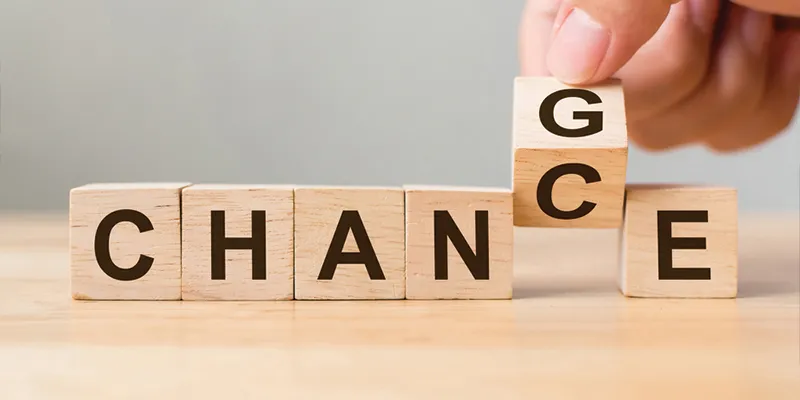
Suresh Venkat shared his journey from design school through the world of acting, media, and hosting events - interacting with the who's who in sports, business and entertainment (CNBC, Radio City, Star TV). Anurag Arora, senior product designer at Uber, showed how he nurtured his love for whipping up new dishes by pursuing a culinary course at Le Cordon Bleu in London.
The hour-long discussion on a Sunday evening was anchored by Shiva Viswanathan, Brand and UX Coach for Ogilvy PennyWise, and Jay Dutta, SVP UX Design at MakeMyTrip, and Founder-Curator, DesignUp Festival. See also the DesignUp report, Deconstruct: Understanding the State of Design-In-Tech.
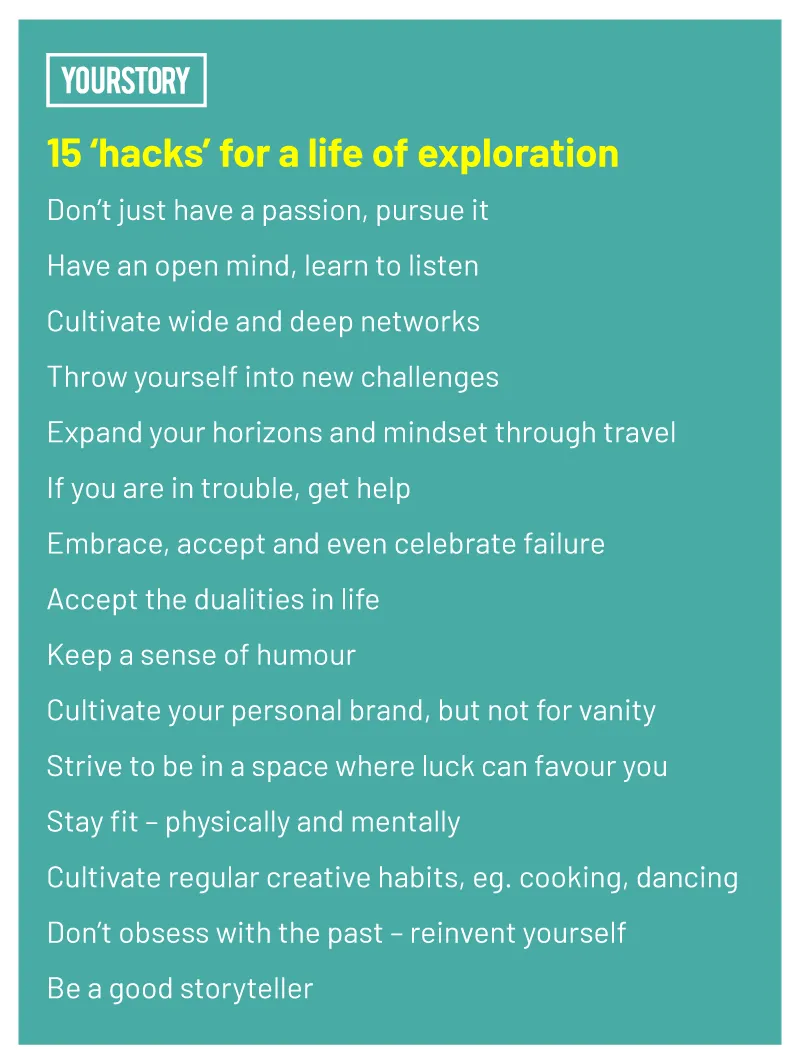
‘Hacks’ for a life of exploration
In entertaining storytelling format and with lots of photographs, both speakers shared highlights from their creative journeys in the media and culinary sectors. They embedded the narrative with a number of ‘life hacks’ and philosophical lessons as well (see summary in table above).
Amidst humour and musings, the tips flowed fast and plentiful. Learn from other experts and other disciplines. Share with others your insights on successes and failures, on strengths and vulnerabilities. Reflect on the key decisions that trigger off transition points in life.
Keep an eye on the contradictions and ironies in the journey. Accept that there will be setbacks and failures, but get help when in depression. Draw on the depths of memories from college and childhood, but don’t be imprisoned by them.
“You are wrong 80 percent of the time about 80 percent of things,” Suresh joked. “Party like there is no tomorrow, but plan for tomorrow’s party,” he added.
Bonding happens not just through hard work but parties as well, Anurag showed. Sometimes, one has to keep cool when everything seems to go wrong – as when he both cut and burnt his hand on the same evening when he was in charge at the restaurant counter.
The two speakers in an earlier preview article have also shared examples of how designers are responding to the coronavirus crisis. These include health apps, retail experience design with safe distancing, and contactless service delivery to homes. Going ahead, key principles for designers to keep in mind are public safety, inclusion, and user-centricity.
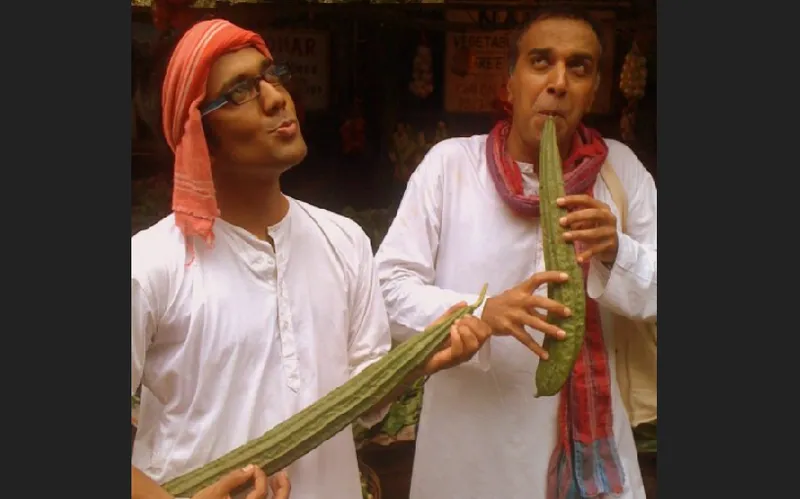
Suresh Venkat (right)
The journey of travel
In a chat with YourStory after the panel, Anurag joked how his stay in London for the culinary course brought him in contact with people from countries he had never heard of before. “One person was from an island habited by only 400 people. That kind of contrast (me being from India!), and the diversity in people, can really broaden your thinking,” he explained.
There are many dimensions to living abroad for a while. “Being in a completely new environment, a new country; adapting to its culture, a new routine, figuring out your commute on the subway, exploring your neighborhood on Sundays, and experiencing new food – all leave you with a very unique perspective of the world, and lasting memories,” he recalled.
Domestic and international travel open up the mind in different ways. “If you can afford to go abroad even for a short time, do that favour to yourself,” Anurag strongly advises.
“But even if you cannot, we are lucky to be in a country where everything from language, food, and clothing changes every few hundred kilometers. I’d say just go out of your own environment and comfort zone as much as you can,” Anurag summed up.
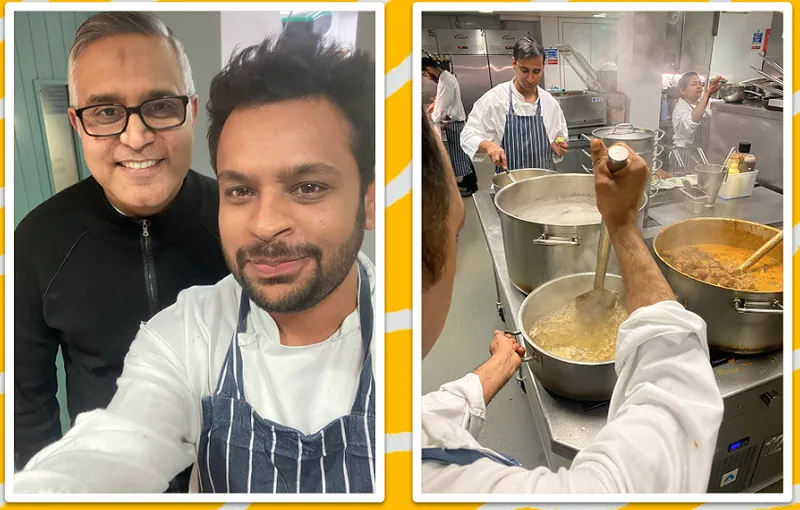
Chef Anurag Arora
Personal branding
In addition to the ‘brand’ of one’s educational institute, company and even industry, it is important to be aware of one’s personal brand and cultivate it systematically. “The goal of a personal brand is to create recall and, ultimately, to fulfil business objectives,” Suresh Venkat explained.
“The issue of personal branding is a tricky one,” he cautioned. A personal brand should be built on the basis of a creative person's work, not her or his personality. “I have seen too many people using the idea of personal branding as a vanity tool,” Suresh added.
“Let's call this the ‘Kardashian Effect’,i.e. the idea of being famous for being famous. Needless to say, I don't think this is a good use of a creative person's time or energy,” he explained.
“I would like my person brand to be built around my professional identities, i.e. that of a designer who has a good understanding of business and social issues,” Suresh said. He lists three ways in which he cultivates his personal brand.
“I would like to think that my personal brand builds itself through the work I do. I use social media sparingly. I build and maintain professional and personal relationships in real life via the old-fashioned route – meeting people in real life,” Suresh explains.
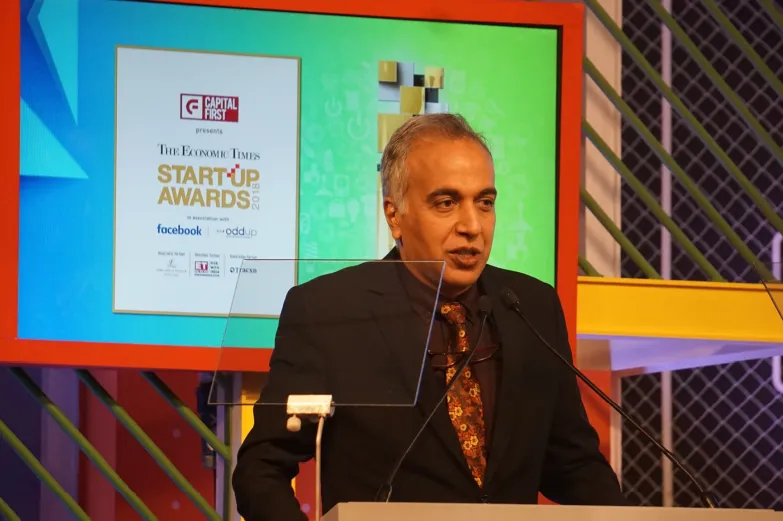
Anchor Suresh Venkat
Finding resonance
The stories and messages of the speakers seemed to resonate well with the audience. Comments varied from ‘Heartwarming’ and ‘Wholesome’ to the more specific ‘Wowsome’ and ‘Yasssssss!’
“What a journey. It really is what they say - age is just a number,” said Sukanya Basu. Archana Mohan remarked: “Life doesn’t take a straightforward path - fascinating journey!”
“Thanx (sic) for letting us in to your life,” added Manish Chandra. “Thank you to Jay for convincing me to share my life’s story for the first time ever,” Suresh responded.
Questions flowed fast and furious in the chat window. How do you make decisions balancing plans with impulse? What aspects of design carry through to other disciplines? What’s your advice for those going through a midlife crisis? How do you deal with situations where you are paired with some vastly more experienced than you?
Suresh narrated that the Landmark Forum had a profound impact on his life. “It helped me to actually give up my obsession with my past and to reinvent myself,” he added. For his storytelling skills, he watches a lot of standup comedy – Jerry Seinfeld in particular.
“The most important trait would be the ability to accept repeated failures and to carry on nevertheless,” Suresh emphasised. A sense of humour and candour also help.
Anurag’s drool-worthy photographs of cuisine also drew praise. “I have new-found respect for cooks, apart from animators,” Meera Singh joked. “It looks like a one hell of a journey, engineering to cooking via design,” Zeenal Patel added. A. Balasubramaniam suggested bringing on chocolatier Abha Kohli for another panel.
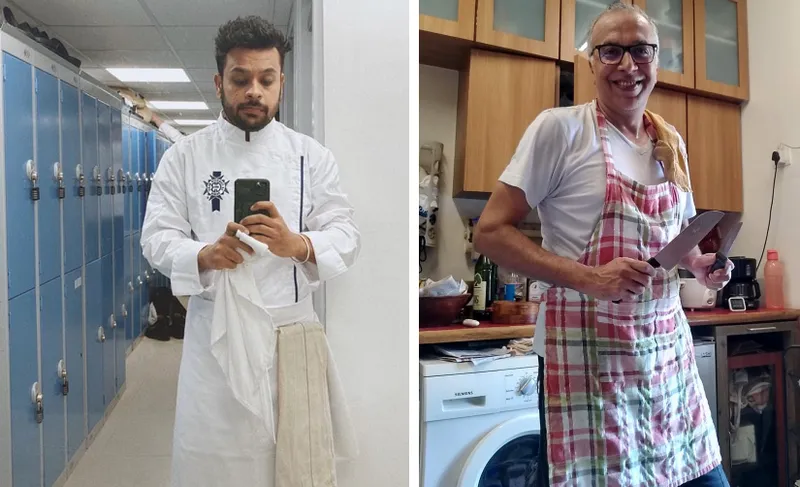
Design and education
The presentations and discussions showed that while formal education does help with core foundations and student networks, many lessons in life are learnt only outside and afterwards.
“Design education is a series of experiential micro-learning instances that accrue. However, the impending post-COVID change will challenge this method,” said Shiva Vishwanathan, in a chat after the event.
“Design educators need to create new sessions and formats. They cannot move the classroom online,” he cautioned. The upheaval during the pandemic thus calls for closer collaboration between industry, community and academia to preserve the key learnings for future generations and (hopefully no more) pandemics.
The DesignUp Circuit 2020 series of online panels promises more insights into the broader world of design in this regard. See also YourStory’s coverage of the annual DesignUp conference editions from 2019, 2018 and 2017, as well as our d-Zen (‘Design Zen’) section for more design resources.
Edited by Teja Lele







